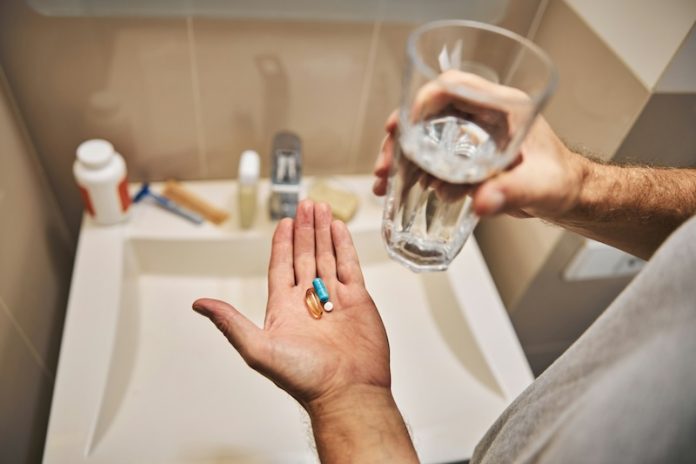
High blood pressure, also known as hypertension, is a major health concern worldwide. It increases the risk of heart disease, stroke, and other serious conditions. Managing it can be difficult, especially for people whose blood pressure remains high despite taking medication.
A recent study led by researchers from the University of Maine suggests that Vitamin B might offer a natural way to help control blood pressure. Their findings indicate that reducing levels of a compound called homocysteine—with the help of B vitamins—could be particularly beneficial for people whose high blood pressure does not respond well to medication.
The Challenge of Drug-Resistant Hypertension
For many people, medications alone are not enough to control high blood pressure. About 12.8% of individuals worldwide have drug-resistant hypertension, meaning their blood pressure stays high even with multiple medications.
Doctors generally aim to lower blood pressure below 140/90 mmHg, but recent guidelines have reduced the target to 130/80 mmHg. This makes management even more challenging, pushing researchers to find alternative solutions.
What Is Homocysteine and Why Does It Matter?
Homocysteine is a natural substance produced by the body. It plays a role in processing certain vitamins, especially B6, B12, folate, and riboflavin (B2).
When homocysteine levels are too high, it can lead to problems. One of the key issues is that it reduces nitric oxide production, which is necessary for blood vessels to relax. Without enough nitric oxide, blood vessels become narrower(vasoconstriction), increasing blood pressure.
High homocysteine levels may result from:
- A lack of B vitamins in the diet
- Genetic factors that affect vitamin absorption and processing
What Did the Study Find?
After reviewing multiple research papers, the scientists concluded that taking extra B vitamins—beyond what people get from food—can help lower blood pressure.
They found that supplementing with B vitamins could reduce systolic blood pressure (the top number in a reading) by 6 to 13 mmHg. This is a significant improvement, especially for people struggling to control their blood pressure with medications alone.
However, the study also pointed out a debate about what should be considered a “normal” level of homocysteine. Many laboratories consider anything up to 11.4 μmol/L as normal, but some experts suggest that levels should be kept at or below 10 μmol/L. If future research confirms this, medical guidelines may need to be updated.
The Role of B Vitamins in Blood Pressure Management
The researchers highlight that B vitamins offer an affordable, safe, and effective way to help manage blood pressure, particularly for people with drug-resistant hypertension.
However, they do not recommend self-medicating with B vitamins. Anyone considering this approach should consult a doctor first to ensure safety and proper dosage.
Final Thoughts
This study opens up new possibilities for managing high blood pressure naturally. While medications remain essential for many patients, adding B vitamin supplements could become a helpful strategy—especially for those whose blood pressure does not respond well to standard treatments.
As researchers continue to study the connection between homocysteine, B vitamins, and blood pressure, it is possible that vitamin therapy will become a more common part of hypertension treatment in the future.
For now, people with high blood pressure should speak with their doctor before making any changes to their treatment plan. Proper medical supervision is key to ensuring that any new approach is both safe and effective.
If you care about blood pressure, please read studies about unhealthy habits that could increase high blood pressure risk, and eating eggs in a healthy diet may reduce risks of diabetes, high blood pressure.
For more information about blood pressure, please see recent studies that early time-restricted eating could help improve blood pressure, and results showing 12 foods that lower blood pressure.
Copyright © 2025 Knowridge Science Report. All rights reserved.



